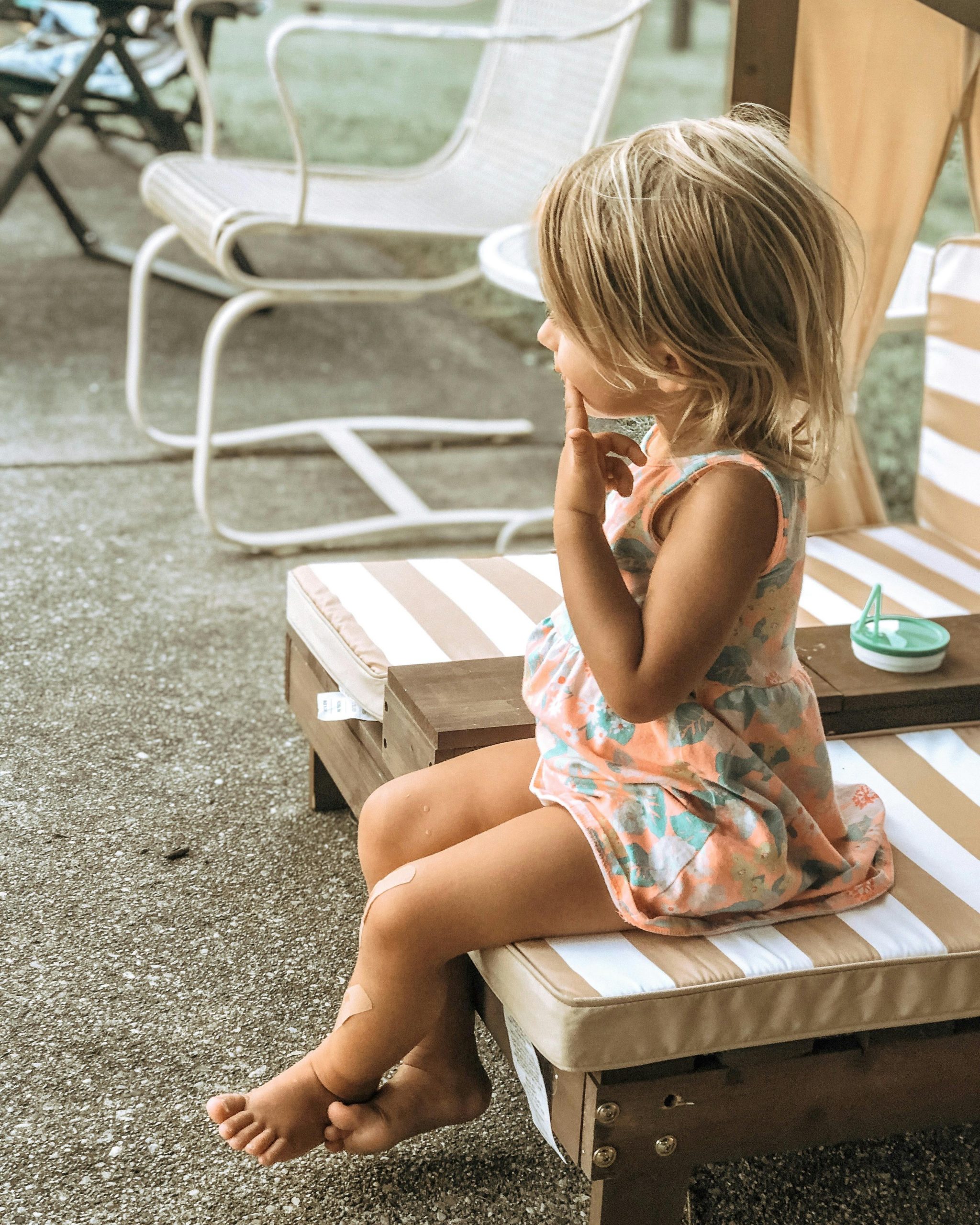In the wake of the events on September 11, 2001, many people’s views on the world shifted dramatically, altering future plans and aspirations. For some, dreams of traveling extensively with their children or grandchildren to show them the beauty and diversity of the world were put on hold or reimagined due to heightened security concerns, travel restrictions, and a newfound sense of vulnerability. The ease and excitement that once accompanied thoughts of visiting iconic destinations or attending large, bustling events became overshadowed by caution and uncertainty.
Additionally, the sense of safety and security that families took for granted was suddenly disrupted, causing many to reconsider living arrangements, career paths, and even the way they approached daily life. Educational opportunities or cultural exchanges that involved travel or relocation were reconsidered through a lens of caution. Many families placed a greater emphasis on creating a sense of safety and resilience, which steered them towards more local or inward-focused activities and experiences.
In the aftermath, people also found themselves wanting to instill in their children and grandchildren values of tolerance, peace, and understanding, in reaction to the divisive elements that the attacks seemed to amplify. Understanding became more important than ever, motivating families to explore new ways to foster these values through education and discussion within their own communities. Thus, while specific dreams might have been altered, new priorities emerged, focusing on building a more connected and compassionate future together.



